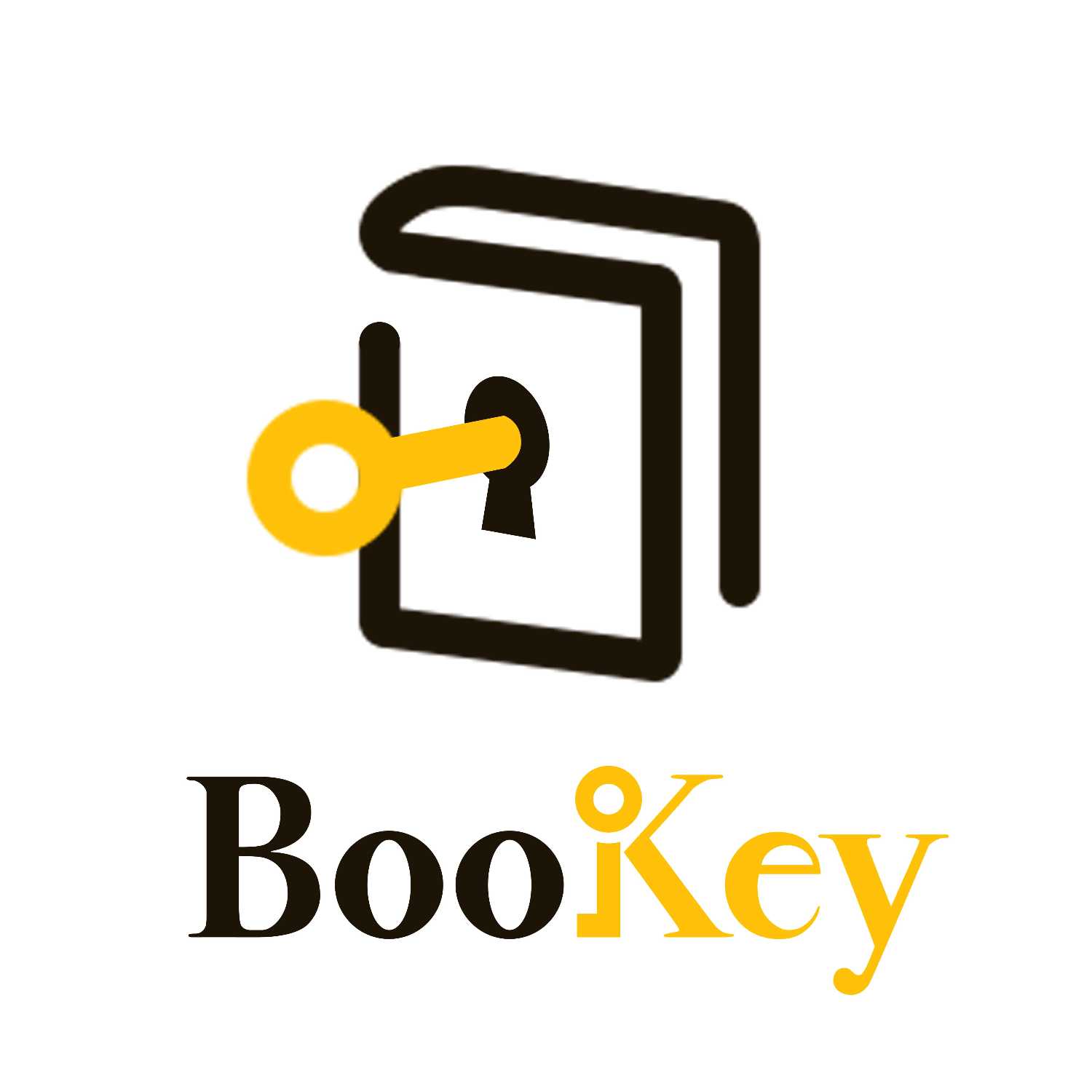Unlocking Wealth with 'Rich Dad Poor Dad': The Ultimate Blueprint for Building a Successful Future
June 25, 2023

Rich Dad emphasizes on financial education while Poor Dad believes that formal education is the key to success.
Rich Dad teaches about the importance of building assets, such as real estate, stocks, and businesses, whereas Poor Dad focuses on saving money and buying liabilities like cars.
Rich Dad encourages taking calculated risks and learning from failures, while Poor Dad advises playing it safe and avoiding mistakes.
Rich Dad advocates for making your money work for you through investments and passive income streams, while Poor Dad relies solely on active income from a job.
Lastly, the book stresses the concept of financial freedom, which means having enough passive income to cover your expenses and enjoy your desired lifestyle.
Chapter 1:Where does Rich Dad Poor Dad take place
"Rich Dad Poor Dad" is a personal finance book written by Robert Kiyosaki. The book doesn't primarily take place in one specific location, but rather recounts the author's life experiences in different places such as Hawaii, Tokyo, and the mainland United States.
Chapter 2:Rich Dad Poor Dad by Robert Kiyosaki
Robert Kiyosaki is an American businessman, investor, and author who is best known for his book "Rich Dad Poor Dad." He was born on April 8, 1947, in Hilo, Hawaii. Kiyosaki's parents were both educators and he grew up with a strong emphasis on education.
After graduating from high school, Kiyosaki attended the United States Merchant Marine Academy in New York where he earned a degree in marine engineering. He then served in the U.S. Marine Corps as a helicopter gunship pilot during the Vietnam War.
After leaving the military, Kiyosaki started his career in business by working for Xerox Corporation. He later founded a company that sold wallets made of Velcro and nylon, which eventually went bankrupt.
Kiyosaki's breakthrough came with the publication of his book "Rich Dad Poor Dad" in 1997. The book emphasizes financial education and encourages readers to build wealth through investing in assets such as real estate and stocks.
Since then, Kiyosaki has written over 20 books on personal finance and investing, including "Cashflow Quadrant," "The Business of the 21st Century," and "The Real Book of Real Estate." He has also been a guest on numerous television and radio shows, and has conducted seminars and workshops on financial literacy around the world.
Overall, Robert Kiyosaki's life has been focused on helping people achieve financial freedom and success through education and smart investing.
Chapter 3:Rich Dad Poor Dad Quotes
"The single most powerful asset we all have is our mind. If it is trained well, it can create enormous wealth in what seems to be an instant."
This quote highlights the importance of having a strong mindset and using it to your advantage when it comes to creating wealth. This means investing in yourself by continuously learning and improving your skills, as well as staying open to new opportunities.
"It's not how much money you make, but how much money you keep, how hard it works for you, and how many generations you keep it for."
This quote emphasizes the significance of financial literacy and building generational wealth. It's not just about making money, but also about managing it wisely and making it work for you in the long-term.
"In school, we learn that mistakes are bad, and we are punished for making them. Yet, if you look at the way humans are designed to learn, we learn by making mistakes. We learn to walk by falling down. If we never fell down, we would never walk."
Kiyosaki challenges the traditional notion of mistakes being inherently bad, instead viewing them as opportunities for growth and learning. Mistakes are a natural part of the learning process and should be embraced as such.
"The love of money is the root of all evil."
This quote is often misquoted, as it actually reads "For the love of money is a root of all kinds of evil" (1 Timothy 6:10). Kiyosaki uses this quote to illustrate the difference between greed and the desire for financial freedom. While seeking financial abundance can be positive, greed and obsession over money can lead to negative consequences.